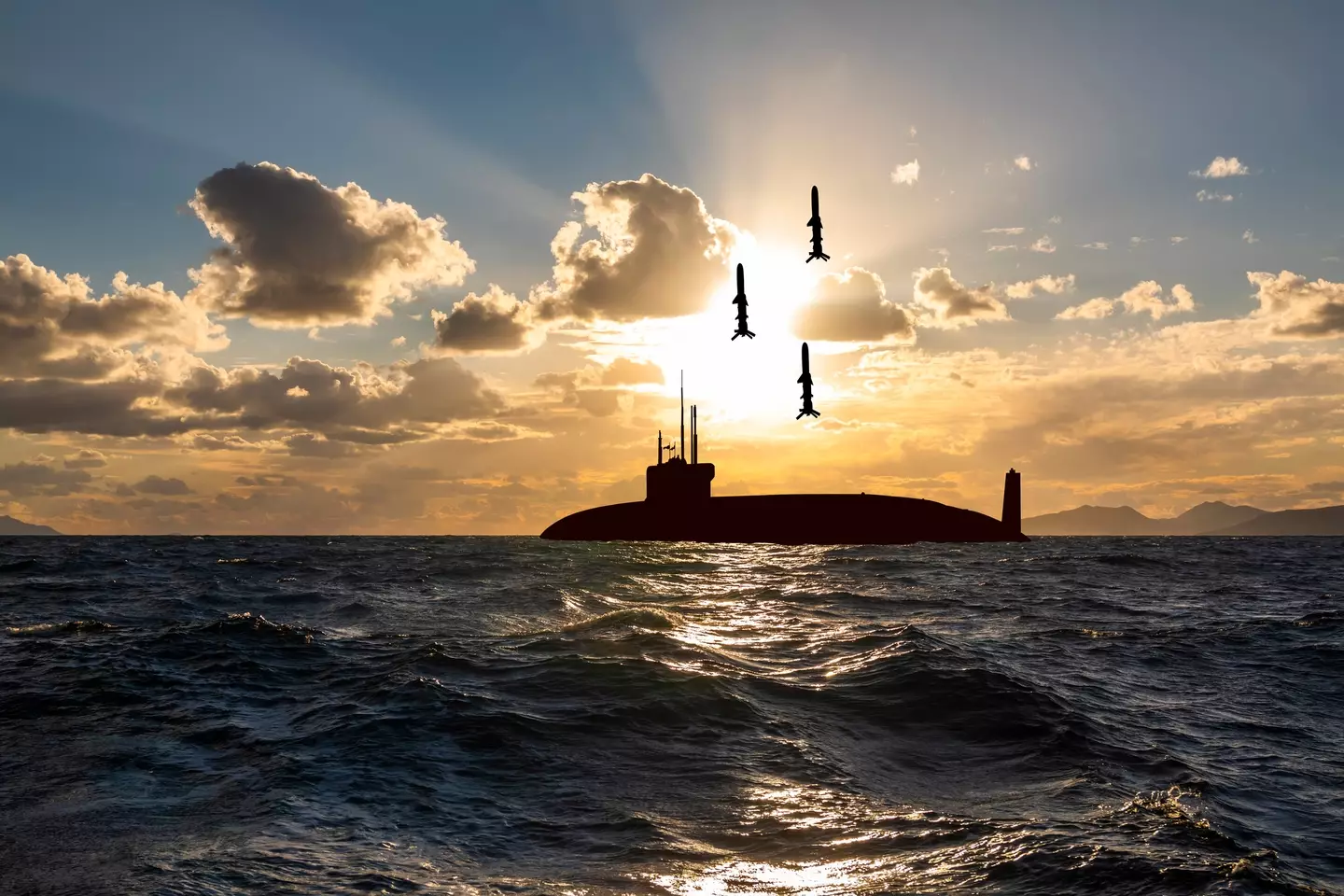
AI has made a frightening prediction about the biggest factors that could lead to World War Three breaking out.
As fears over the possible outbreak of a new world war continue to rise, people are searching for answers on what could happen.
One simulation illustrated what a nuclear war would look like, which many viewers said was spine-chilling.

Advert
And as technology advances, it seems like artificial intelligence might also be able to add some insight into the future.
ChatGPT might have only launched just two years ago but it now seems to be able to offer up its opinion on what might be in store for us in regards to World War Three.
However, it might not always be what we want to hear after the chatbot spoke to UNILAD Tech about whether the war would happen.
In response, ChatGPT said: “It's difficult to predict the future with certainty, but the possibility of a global conflict like World War III is certainly a concern for many. Several factors make it unlikely, at least in the traditional sense of a large-scale, intercontinental war between major powers, but there are also several dynamics that could potentially lead to conflict if not carefully managed.”
The AI revealed that we should stay wary due to these three factors: Geopolitical tensions, emerging threats and global flashpoints.
It also said that new forms of warfare such as ‘cyber warfare, economic warfare, and the weaponization of emerging technologies (e.g., AI, robotics), could change the nature of conflict’.

The AI added: “There are still unresolved conflicts that could potentially lead to broader wars. Tensions in regions like the South China Sea, Taiwan, the Korean Peninsula, and the Middle East have the potential to escalate, especially if international powers become involved.”
When asked to break it down into percentages, the chatbot said that nuclear deterrence and international diplomacy and interdependence pose as our current biggest threat - labelling their risk factor as 30% - 40%.
Still, ChatGPT reckons that the risk of World War Three breaking out anytime soon is low.
In fact, it’s estimated that it’s about 10 to 15% likely to happen in the next 10 to 20 years - Which although low, isn't the most comforting statistic.
And there are some factors behind that prediction.
First of all, there is a high deterrence from nuclear weapons and there are also international institutions and diplomacy working to resolve issues.
The AI believes that ‘economic interdependence’ is another component that reduces incentives for war.
However, this assessment isn’t set in stone as the AI explained that its prediction could change ‘as global power dynamics evolve or if unexpected events arise’.
It added: “While the threat of WW3 may seem low, history has shown us that tensions can escalate quickly if not carefully managed.”